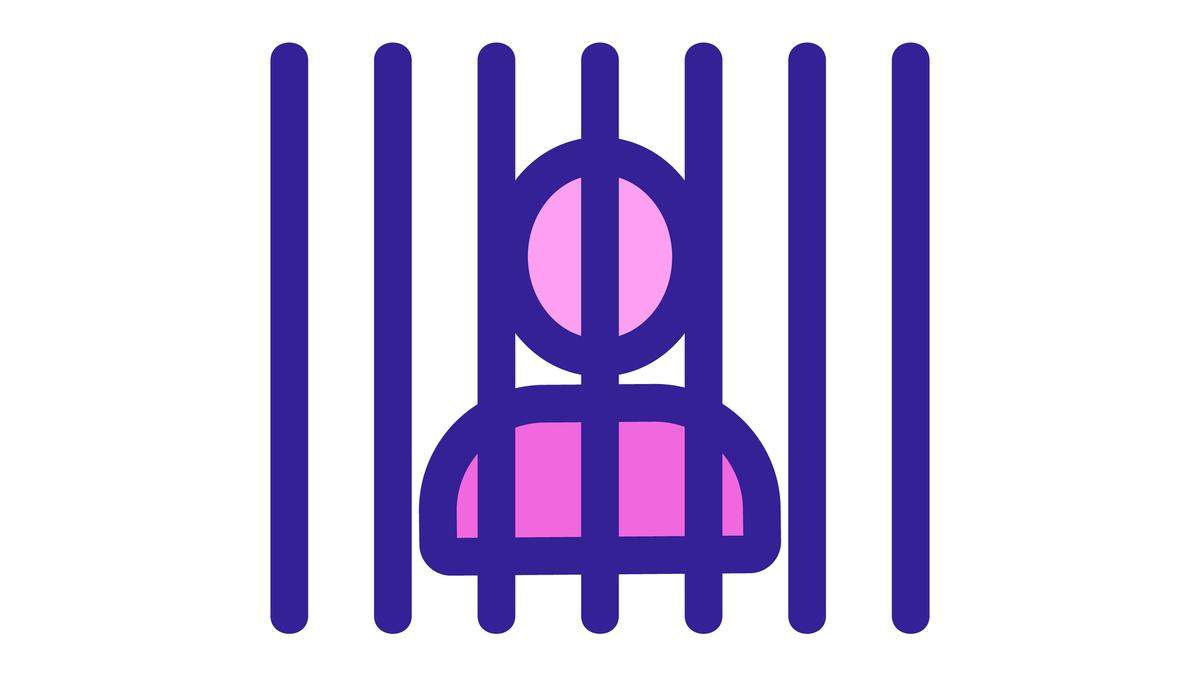
Explained | How can a juvenile be tried as an adult in Court? Premium
The Hindu
The National Commission for Protection of Children has issued new guidelines on whether a child can be tried as an adult in cases of heinous crimes
The story so far: The National Commission for Protection of Children (NCPCR) has recently issued guidelines for conducting a preliminary assessment by the Juvenile Justice Board (JJB) under Section 15 of the Juvenile Justice Act, 2015 (JJ Act, 2015). This preliminary assessment is to ascertain whether a juvenile can be tried as an adult. Replacing the Juvenile Justice Act, 2000, the 2015 Act, for the first time, provided for trying juveniles in the age group of 16-18 as adults in cases of heinous offences.
The Act has categorised the offences committed by children into three categories — petty offences, serious offences, and heinous offences. Section 15 of the JJ Act provides that in case of a heinous offence alleged to have been committed by a child, who has completed or is above the age of sixteen years, the Board shall conduct a preliminary assessment regarding his mental and physical capacity to commit such offence, ability to understand the consequences of the offence and the circumstances in which he allegedly committed the offence.
Section 18 (3) of the Act further suggests that, if the Board, after preliminary assessment under section 15 passes an order that there is a need for trial of the said child as an adult, then the Board may order the transfer of the case to the Children’s Court having jurisdiction to try such offences. Thus, the sole objective of having such a preliminary assessment is to determine whether a child within the age group of 16-18 years should be tried as an adult in case of heinous offences.
The guidelines further make it clear that the JJB shall be responsible for the preliminary assessment and provide the child, the child’s family, and their counsel a copy of the order. It further states that in case the JJB does not have at least one member who is a practising professional with a degree in child psychology or child psychiatry, the Board shall take the assistance of psychologists or experts who have the experience of working with children in difficult times. The child should also be provided with a legal aid counsel through the District Legal Services Authority who shall be present during the preliminary assessment. One of the important aspects of the guidelines is that it mandates experts, who have the required qualification to assist the JJB, to undergo training concerning Section 15 of the JJ Act, 2015
During the preliminary assessment, the Board and experts shall also analyse and take into consideration the Social Investigation Report (SIR), to be prepared by the Probation officer or Child Welfare Officer or any social worker, or a Social Background Report (SBR) to be prepared after interaction with the child or child’s family.
The NCPCR is under a statutory obligation under Section 109 of the JJ Act, 2015 to monitor the proper implementation of the provisions of the Act. The guidelines have been made to remove any ambiguity and to clarify the steps that need to be followed while conducting the preliminary assessment. However, the major issue remains the implementation and absorption of these principles in the system, particularly to be followed by the JJB and the Children’s Court. A lot of principles which have been made a part of the Act have not been given due prominence by the Board as well as by the Children’s Court.
Bajpai is Vice-Chancellor, National Law University Delhi and Anubhav is Assistant Professor at RGNUL, Punjab

Udhayanidhi Stalin urges cadres to launch campaign for securing 200 seats in 2026 Assembly elections
Udhayanidhi Stalin urges DMK members to gear up for 2026 Tamil Nadu elections, aiming for 200 seats.










